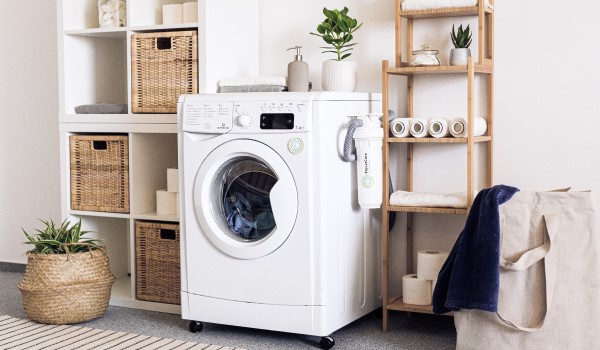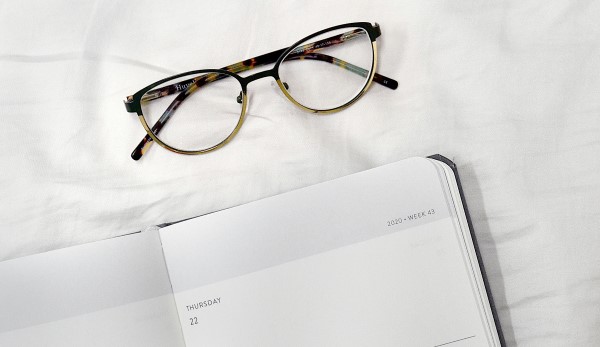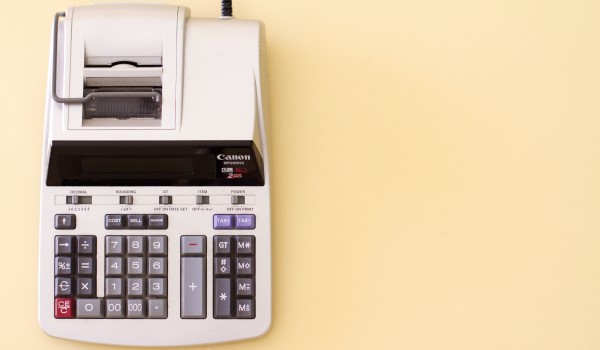Getting a mortgage as a single person may seem daunting at first, but mortgage lenders aren’t too concerned about the number of applicants on the application form. Instead, they focus on whether the mortgage is affordable for you. In this guide, we reveal what steps need to be taken to apply for a single person mortgage and the costs that come with it.
Can I get a mortgage on a single income?
Contrary to popular belief, there are plenty of mortgage providers on the market who are more than willing to consider an application for a single person mortgage. Here are a few factors to bear in mind:
Working out your budget
The first thing to consider is your budget. You’ll need to work out how much you can afford to borrow on the salary you’re on, taking into account any ongoing financial commitments such as loans or credit cards. The mortgage lender will then consider various criteria before accepting or declining your application. This includes, your annual income, your regular spending, credit score, and the size of your deposit.
Looking to save up for a deposit on a new home? If so, you can find tips and further advice on how to budget, to help you get closer to becoming a homeowner.
Saving for a deposit
Saving money for a mortgage may be easier said than done, but it's crucial. On average, a first-time buyer puts down a 20% deposit on their first home. As an example, if the home is worth £100,000, that means a deposit of at least £20,000.
However, some mortgage lenders could potentially consider a lower deposit of between 5% and 15%, so it’s worth shopping around and doing your research. Having said that, it’s worth remembering that the larger the deposit you put down, the smaller your monthly repayments, and the lower your mortgage interest rate could be.
What’s more, there are government schemes available to some people who are looking to get onto the property ladder, like the 95% mortgage scheme. This aims to help first-time buyers secure a mortgage with a 5% deposit.
Additional buying fees
On top of the deposit, there are further costs that come with applying for a mortgage:
- Valuation fee – The mortgage lender will inspect the property you’re interested in to assess its value, potential repairs, and maintenance. Valuations can cost between £150 and £1,500, depending on the property’s value. That being said, there are some mortgage lenders who may not charge for a valuation.
- Surveyor’s fee – once you have had an offer accepted on a property, ensure a surveyor inspects it before you sign anything. That way, you’ll be made aware of any issues or problems. This can cost anywhere between £250 and £600.
- Legal fees – All the legal work (conveyancing) that comes with buying a new house must be carried out by a professional. This costs between £850 and £1,500.
- Stamp Duty Land Tax – this is the tax you pay when you buy a property or land in England and Northern Ireland. The amount payable depends on the property purchase price, but for the average UK property price of £274,000, stamp duty would be £3,700. You can find out how much you might pay with our stamp duty calculator.
Getting a mortgage adviser
Mortgage advisers are experts in their field and have an extensive knowledge of the mortgages available. They specialise in searching the market, recommending the right mortgage deals, and offering advice to you when necessary. What’s more, mortgage advisers are aware of the lenders who are most suited to your specific circumstances, therefore improving your chances of being accepted for a mortgage.
At Beehive Money we partner with Mortgage Advice Bureau to provide mortgage advice to find the mortgage that’s right for you - they'll search over 90 lenders and 12,000 mortgages to find one that suits your needs. Simply fill in the enquiry form and one of the specialist team will get back to you to discuss your options.









